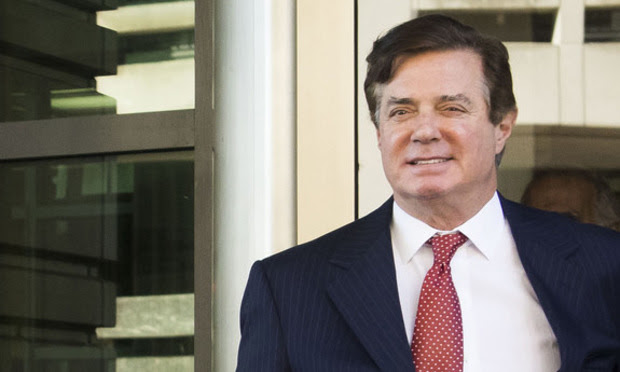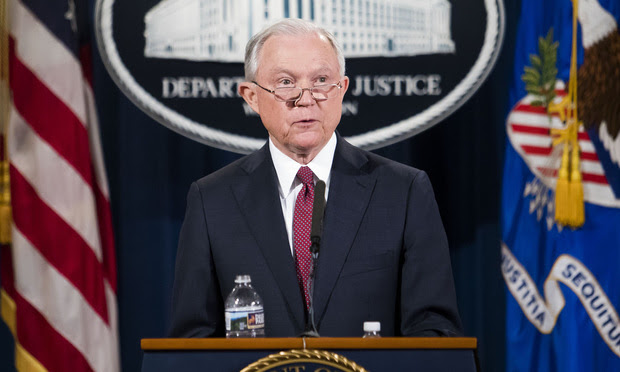Welcome to Skilled in the Art. I’m Law.com reporter Scott Graham. I’ve had a busy 72 hours, but nothing like PTAB lawyers and judges, who are acting on the Supreme Court’s twin decisions this week at warp speed. There’s some fallout headed toward the Federal Circuit too, though it won’t be as immediate. I’ll explain all below. In the meantime, my thanks to everyone who emailed their thoughts and reactions on the high court’s decisions. The input is always appreciated, and you can send me more here. Or tweet at me @scottkgraham.
PTAB Needs Only 2 Days to Issue SAS Guidance
This content has been archived. It is available through our partners, LexisNexis® and Bloomberg Law.
To view this content, please continue to their sites.
Not a Lexis Subscriber?
Subscribe Now
Not a Bloomberg Law Subscriber?
Subscribe Now
LexisNexis® and Bloomberg Law are third party online distributors of the broad collection of current and archived versions of ALM's legal news publications. LexisNexis® and Bloomberg Law customers are able to access and use ALM's content, including content from the National Law Journal, The American Lawyer, Legaltech News, The New York Law Journal, and Corporate Counsel, as well as other sources of legal information.
For questions call 1-877-256-2472 or contact us at [email protected]










